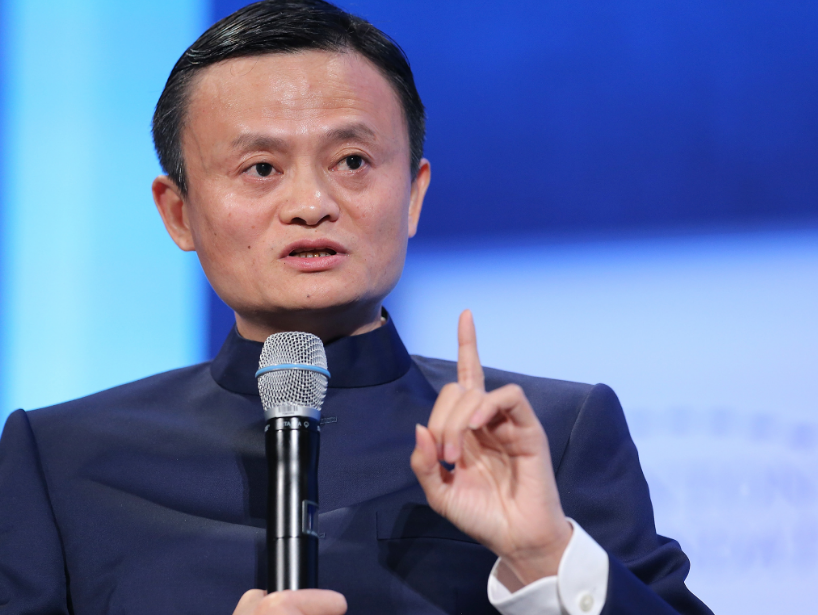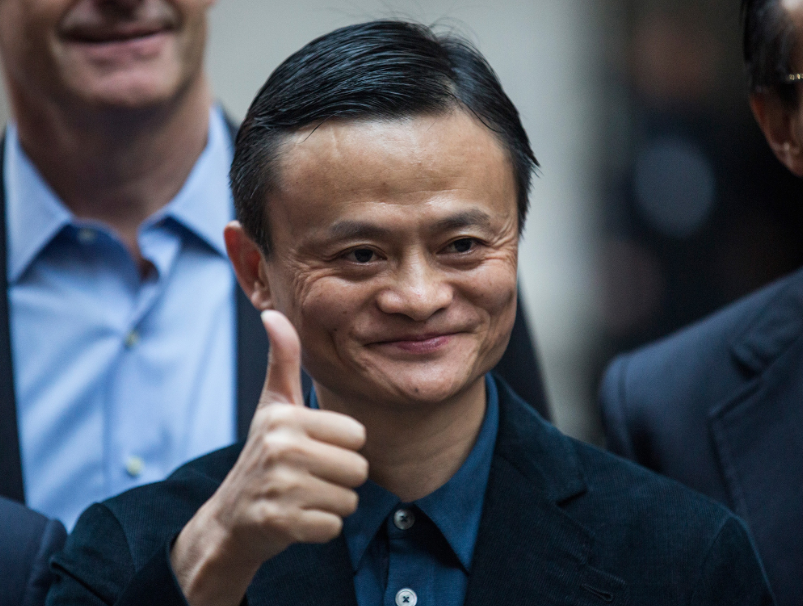Alibaba founder Jack Ma has a brutal theory of how America went wrong over the past 30 years

DAVOS, Switzerland — Alibaba founder Jack Ma thinks America went wrong over the past 30 years by focusing too much on war and Wall Street. Speaking at the World Economic Forum on Wednesday, Ma was asked about globalisation and the reaction to it represented by the election of Donald Trump as US president.
He responded that back when Thomas Friedman published "The World Is Flat" in 2005, globalisation looked like "a perfect strategy" for the US: "We just want the IP, the technology, and the brand, and we'll leave the other jobs" to other countries like Mexico and China, he said.
"American international companies made millions and millions of dollars from globalisation," Ma said.
As an example of just how much was available, Ma said, "When I graduated from university I tried to buy a beeper, and it cost me $250. My pay at the time was $10 a month as a teacher. And the cost of making that beeper is only $8 a chip."
"IBM, Microsoft," he added, "the profit they made was larger than the top four banks in China put together ... But where did the money go?"
U.S. Army firefight Kunar
US soldiers during a firefight with Taliban forces in Barawala Kalay Valley in Afghanistan's Kunar province in 2011. Pfc. Cameron Boyd / Wikimedia, CC
Ma said that 30 years ago the American companies that people in China heard about were Ford and Boeing. Today the companies that people in China talk about are in Silicon Valley and on Wall Street.
At the same time, the US spent a lot of money on foreign conflicts. "In the past 30 years, America had 13 wars spending $14.2 trillion ... no matter how good your strategy is you're supposed to spend money on your own people," Ma said. "The money goes to Wall Street. Then what happened? Year 2008. The financial crisis wiped out $19.2 trillion in US income ... What if the money was spent on the Midwest of the United States, developing industry there?"

"It is not that the other countries steal jobs from you guys — that is your strategy. You did not distribute the money in the proper way."
Elsewhere during his talk, Ma said his favourite film was "Forrest Gump" because he saw something of Alibaba in Gump's shrimp boat. Ma quoted Gump as saying "Nobody makes money catching whales — people make money catching shrimps."
"That's how we make money" at Alibaba, he said.
He also revealed that he wanted to retire early: "I don't want to die in my office," he said. "I want to die on the beaches."
Editors note: This post has been updated to reflect that Ma said "spending 14.2 trillion", not "spending 2 trillion".
Read more:
• This chart is easy to interpret: It says we're screwed
• How Uber became the world's most valuable startup
• These 4 things could trigger the next crisis in Europe
Read the original article on Business Insider UK. © 2016. Follow Business Insider UK on Twitter.
Join our commenting forum
Join thought-provoking conversations, follow other Independent readers and see their replies
Comments
Bookmark popover
Removed from bookmarks